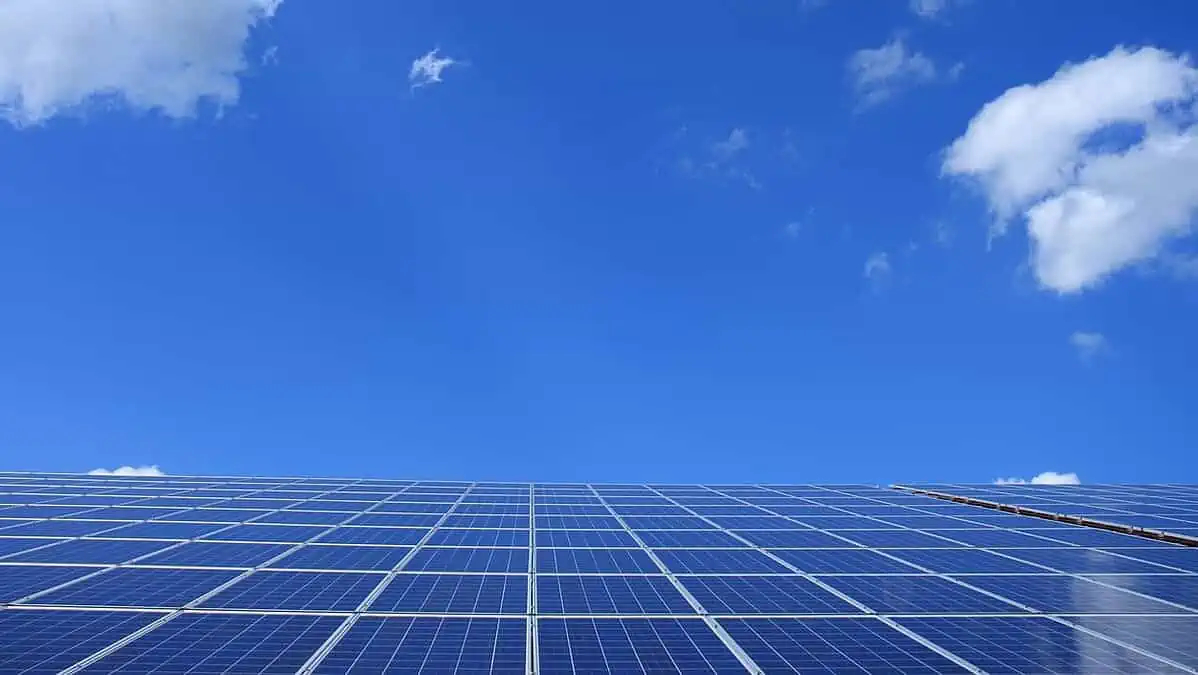Solar giant Qcells proudly declared the successful expansion of its solar panel factory in Dalton, Georgia.
The press release indicated that the Dalton factory is currently the biggest of its kind in the Western Hemisphere. Moreover, it marks the first-ever solar panel factory expansion since implementing the Inflation Reduction Act (IRA).
“With Qcells’ multi-billion dollar factory expansion in north Georgia up and running, Georgians are seeing the real-time benefits of the Inflation Reduction Act and its clean energy provisions as our state continues to embark on a green energy revolution.”
Senator Reverend Warnock
Dalton factory expansion
Qcells expanded the entire Dalton factory’s solar capacity to more than 5.1 gigawatts (GW) with the latest addition of 2 GW.
In effect, the company generated 510 new solar factory job positions to produce the Q.TRON G2 residential solar panels and bifacial panels.
Notably, this expansion indicates the initial stage of the $2.5 billion investment the company declared in January 2023. However, it is already the third expansion project on the site since its launch in 2019.
“Completing this factory marks the third expansion we’ve made in Dalton, and it’s just the beginning of Qcells’ larger mission to build a fully integrated solar supply chain in America. The Inflation Reduction Act and the efforts of Georgia’s economic development team helped make these ambitious plans possible, and with it thousands of careers in clean energy. As we build new solar technology from Dalton and prepare for the start of Cartersville, it is critical that our local to federal leaders continue to work not only with us, but the larger industry to ensure our collective investments deliver for communities for decades to come.”
Qcells CEO Justin Lee
Cartersville factory development
Qcells is also developing a new fully integrated solar supply chain factory under the $2.5 billion fund in Cartersville, Georgia.
The company plans to assign this new facility to the production of solar ingots, wafers, cells, and finished panels.
Overall, QCells expects the two factories to boost annual production capacity to 8.4 GW by 2024. This output is sufficient to supply clean energy to 1.3 million households per year.
“Out of all the places Qcells could have gone, they chose to operate and expand here in Georgia because of our unrivaled assets and the competitive package we put together in 2019. This latest milestone is a testament to the hard work of the Dalton community and the relationship we’ve built on the state level with this innovative company. We look forward to the new jobs this expansion will bring for Georgians in that area.”
Governor Brian Kemp
New products
Qcells also indicated the new products in its portfolio, including the Q.TRON G2 and their new bifacial panels.
According to the company’s official website, Q.TRON BLK M-G2+ is a groundbreaking N-Type Solar Module for residential use. It offers 22.5% efficiency and generates up to 440Wp.
Meanwhile, its Q.PEAK DUO XL-G10/BFG Bifacial Glass Module is for commercial and utility applications. It offers 21.2% efficiency and up to 490 Wp.
It claims these products demonstrate its next-gen solar, aligning with its oath to promote affordable and sustainable alternatives.
See Also:
- Solar energy and EV industry growth to aid global climate goals, report says
- First Solar breaks ground on a $1.1B solar panel factory in the US
- Combining two solar technologies improves efficiency and stability, research finds
- IRA boosts US Solar and Storage industry by more than $100B
- Solar power to become the cheapest source of electricity, DNV forecasts
The US IRA’s Solar Energy Manufacturing for America Act significantly attracted major companies to invest in the solar energy industry. Qcell’s Dalton factory expansion indeed signifies the government’s efforts in supporting the shift to sustainable energy and lessening the stress in the electrical grid.






